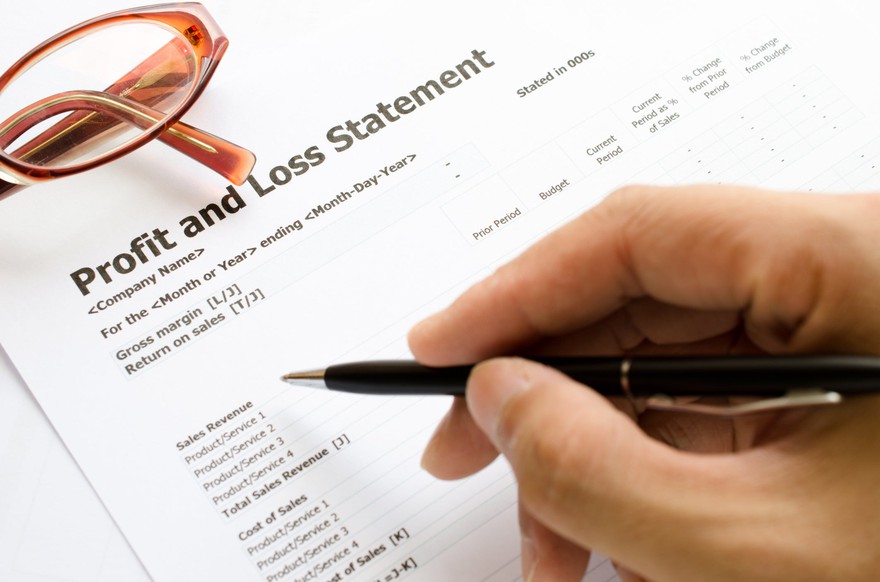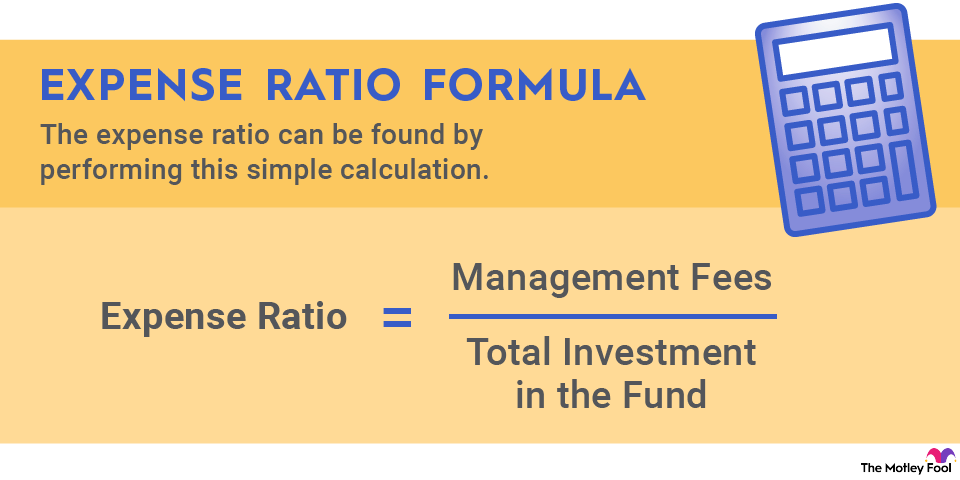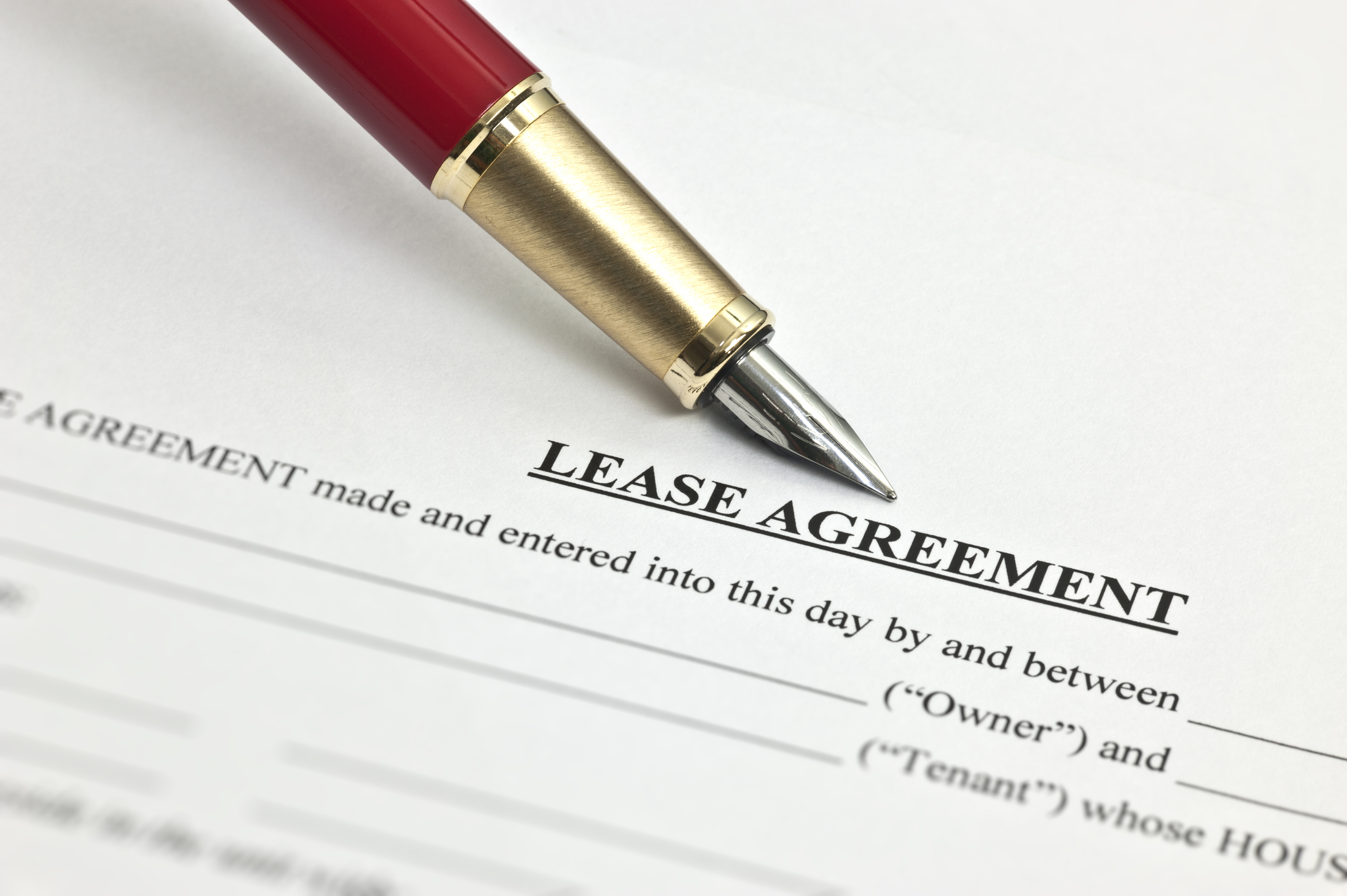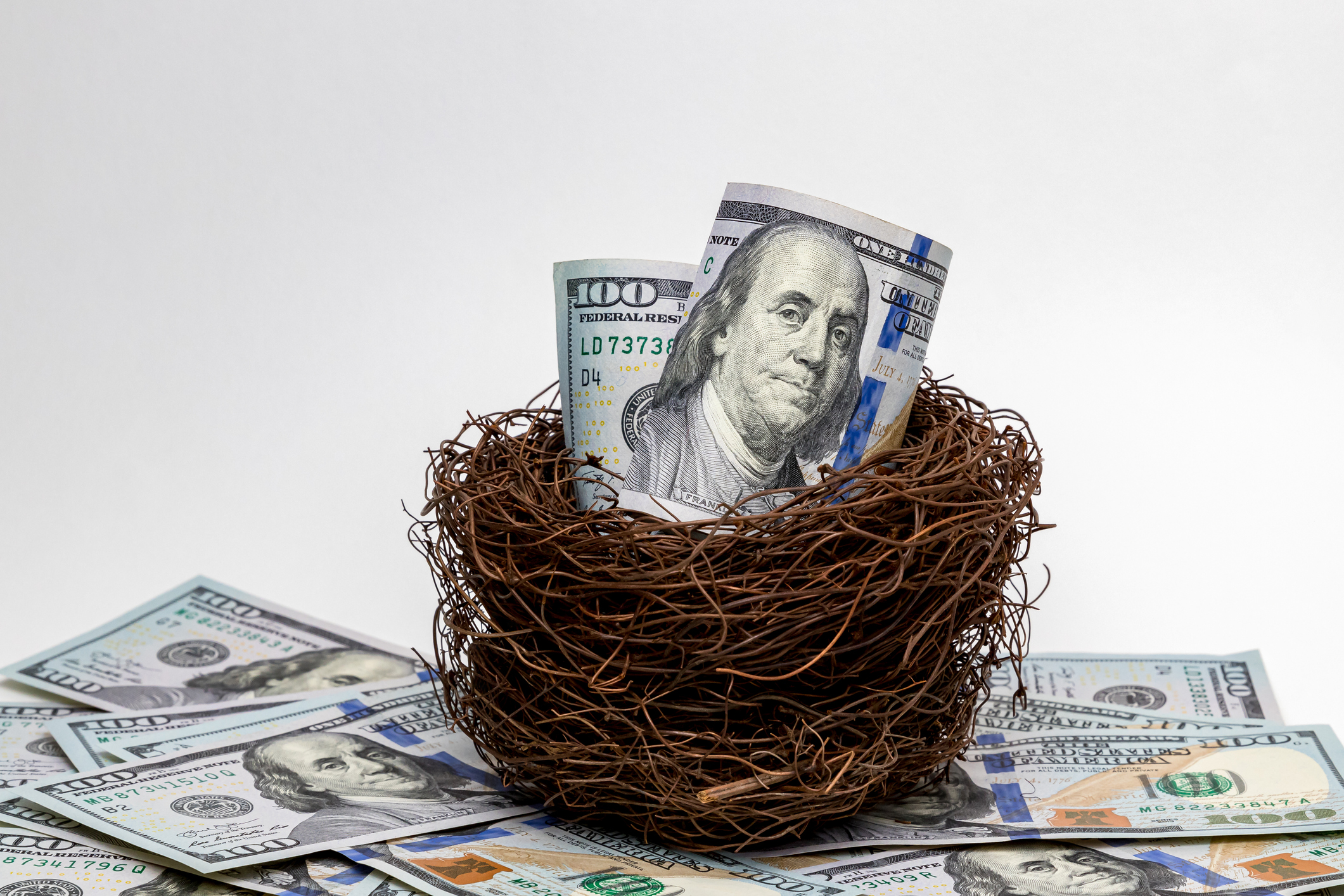If you're new to the world of commercial real estate, you may be wondering, "What does NNN mean?" We've provided a guide to this common real estate term below. Keep reading to learn what the term "NNN" means in a commercial context, how this type of commercial lease is different from other lease agreements, and what the benefits are to leasing a triple net property.
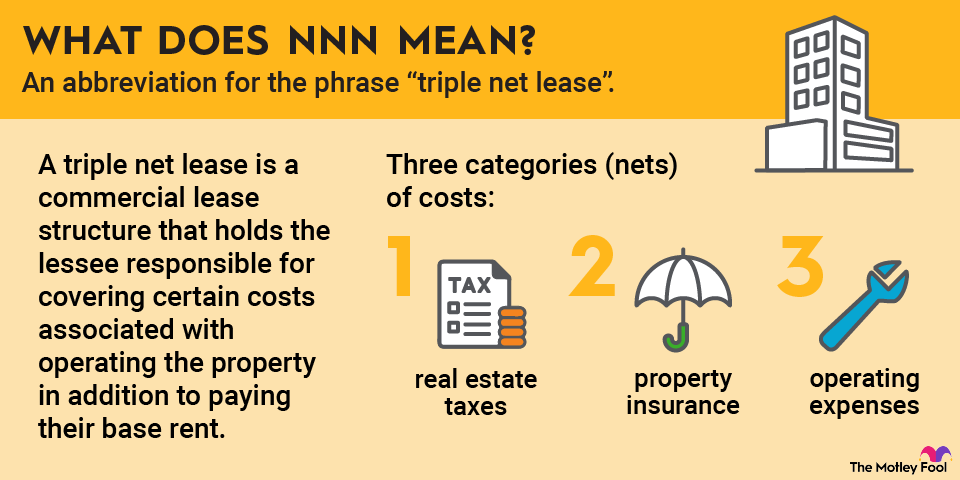
What does NNN mean?
In real estate, "NNN" is an abbreviation for the phrase "triple net lease." At its core, a triple net lease is a type of commercial lease structure that contains a provision saying that the lessee is responsible for covering certain costs associated with operating the property in addition to paying their base rent.
With a triple net lease, these operating expenses tend to fall into three separate categories, or "nets." They are:
- Real estate taxes
- Property insurance
- Operating expenses
In this case, although the lessee will only write one check to the landlord, their monthly rent is typically broken down into two distinct components: the base rent and the NNN charge. Base rent refers to the stated monthly rent on a commercial lease. It's also the minimum amount that the tenant will be charged in rent each month. Meanwhile, NNN costs are an additional charge meant to cover the three types of fees listed above.
Triple net lease calculation example
In a commercial lease, both the base rent and any NNN expenses are calculated using a flat cost per square foot. Imagine you're leasing a 1,000-square-foot office space with a base rental rate of $25 per square foot and an NNN rate of $10 per square foot.
- Base rent: 1,000 SF x $25 per SF = $25,000 per year or $2,084 per month
- NNN expenses: 1,000 SF x $10 per SF = $10,000 per year or $834 per month
- Total lease rate: $35,000 per year or $2,917 per month
How does an NNN lease differ from other types of commercial real estate leases?
Although the triple net lease is a common lease structure, it's only one type of commercial real estate lease. To help make creating a lease agreement easier, we've briefly outlined the other types of commercial leases for you below. Read them over to get a better sense of what type of lease might be the best bet for your investment property.
Gross lease
Also known as a "full-service lease," a gross lease simply charges the tenant base rent. With this type of lease, the landlord agrees to cover nearly every operating expense necessary to run the building, including maintenance fees, property taxes, and building insurance.
Modified gross lease
A modified gross lease is a middle ground between net leases and gross leases. Here, the tenant usually agrees to pay a base rental rate, utilities, and a portion of their NNN costs. The details of what is paid by each party will vary according to the individual lease, but typically the tenant's NNN charge is based on the percentage of the building that they occupy.
N lease
An "N lease" is also known as a "single net lease." With a single net lease, the lessee is responsible for paying their base rent and the real estate taxes. Here, the landlord is responsible for paying the property insurance as well as any operating expense for the entirety of the lease term.
NN lease
As you might be able to guess, an "NN lease" is also known as a "double net lease." In a double net lease, the tenant is responsible for paying the property taxes and building insurance while the property owner is responsible for maintenance fees.
Absolute NNN lease
In an absolute NNN lease, the tenant is responsible for all of the costs associated with the upkeep and operation of the building, including major repairs. This type of commercial lease is not very common and is usually only used in situations where there is a single tenant who has excellent credit and a well-established portfolio. Notably, the base rent for an absolute net lease is usually much lower to account for all the added costs the tenant has to manage.
Percentage lease
Percentage leases work slightly differently than the other types of commercial leases. With a percentage lease, the tenant is expected to pay the landlord a certain percentage of their business sales in addition to their base rent. Usually, large retail spaces, such as malls and shopping centers, are the main type of business to use this type of lease.
More investing topics
What are the benefits of an NNN lease?
For the landlord
The biggest benefit of a triple net lease for the property owner is that you take on less financial responsibility. Since the tenant is responsible for paying the tax bill, property insurance bill, and any operating expenses, the only responsibility the landlord has in triple net lease investments is making major repairs. Having fewer bills will make managing the property easier overall, and it also means you'll need to have less cash on hand at any given time.
For the tenant
Ultimately, signing a lease on a triple net property comes with more responsibility. However, there are still some benefits that come with signing this type of lease agreement. Often, landlords will offer certain incentives in exchange for the tenant taking responsibility for these costs. For example, the landlord might offer a lower base rental rate or offer a credit toward tenant improvement.
The bottom line
At the end of the day, the phrase "NNN" simply refers to a certain type of commercial real estate lease. A triple net lease is one where the tenant is responsible for paying the taxes, insurance, and any operating expense for the property.
As with any contractual agreement, if you're thinking of signing this type of lease, make sure to read it over thoroughly and get your questions answered before signing on the dotted line.

